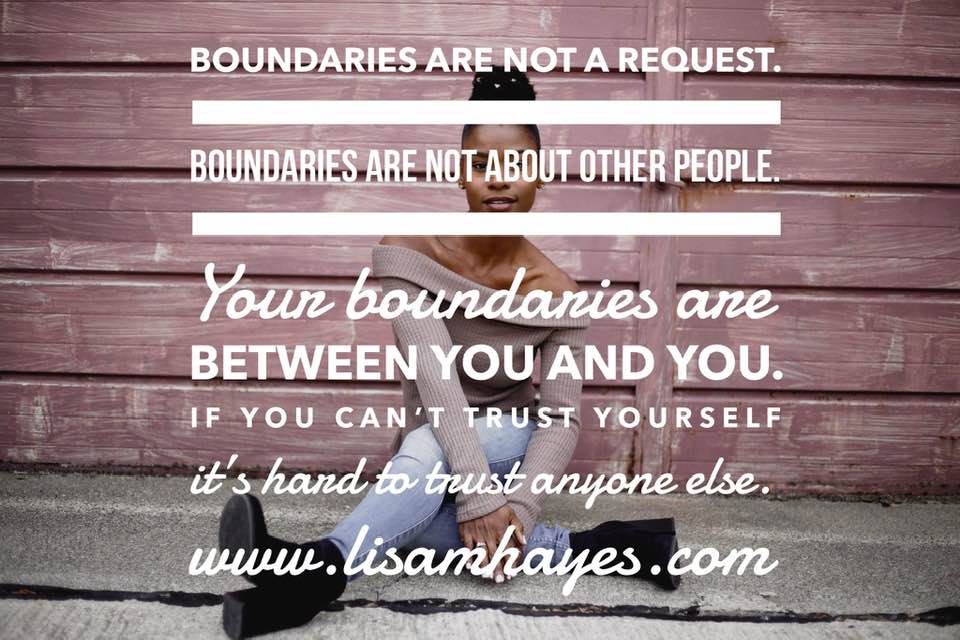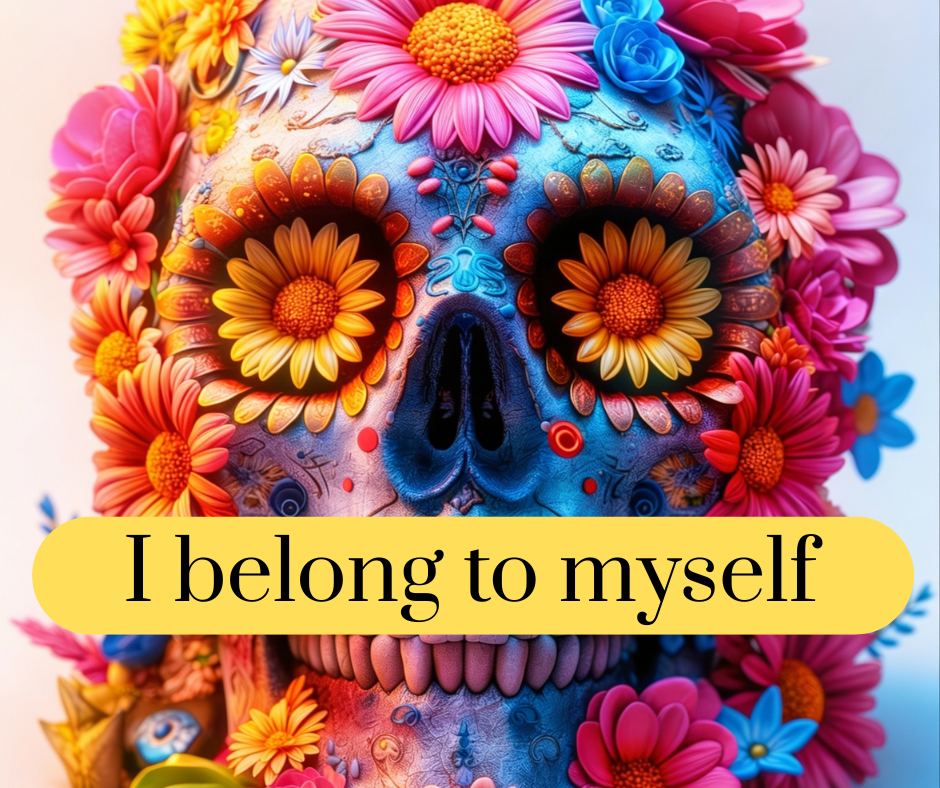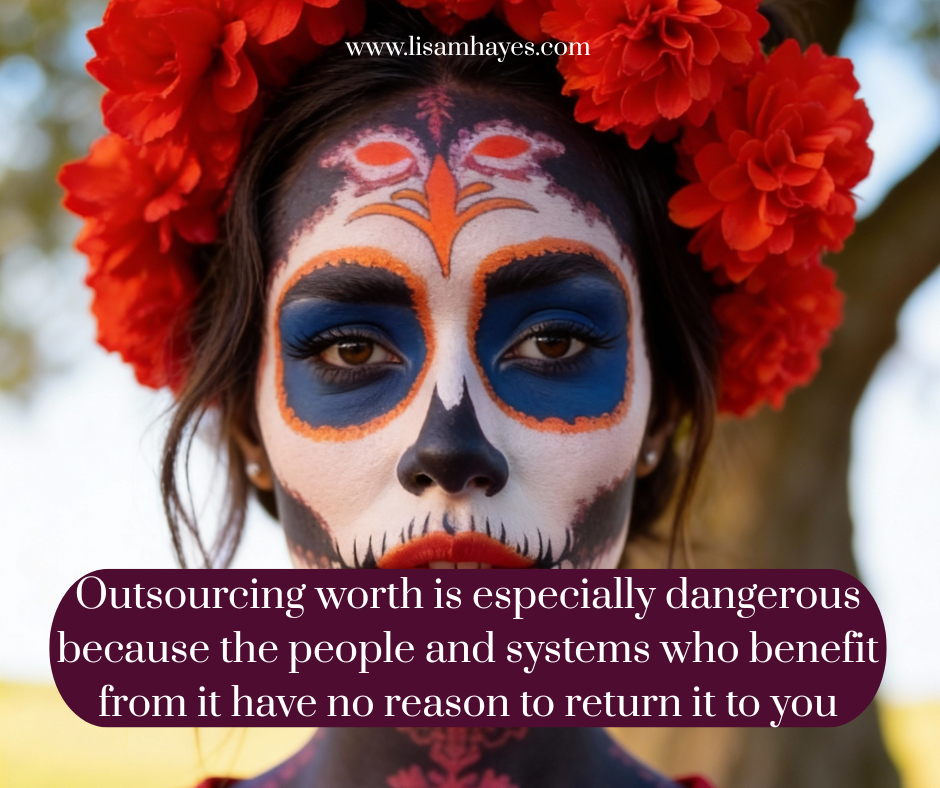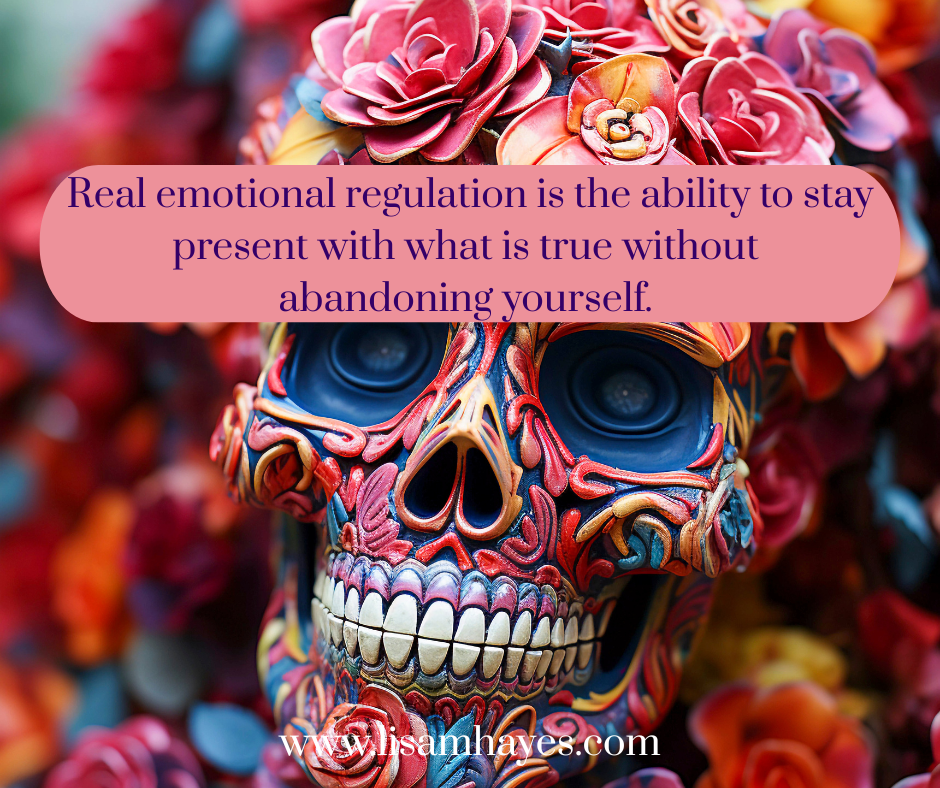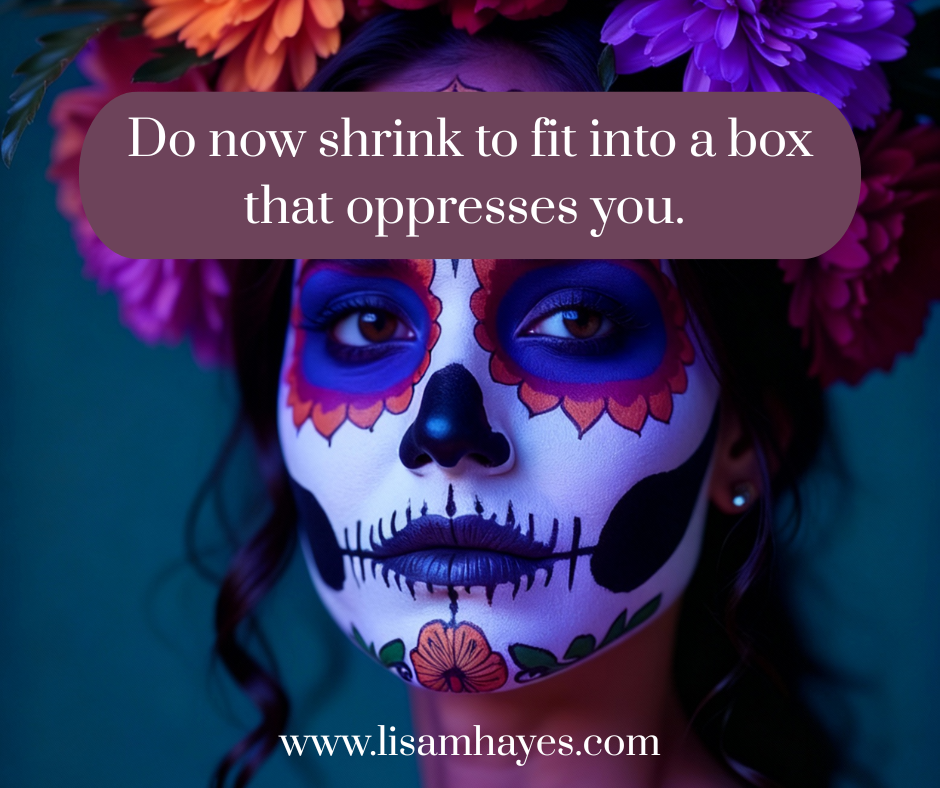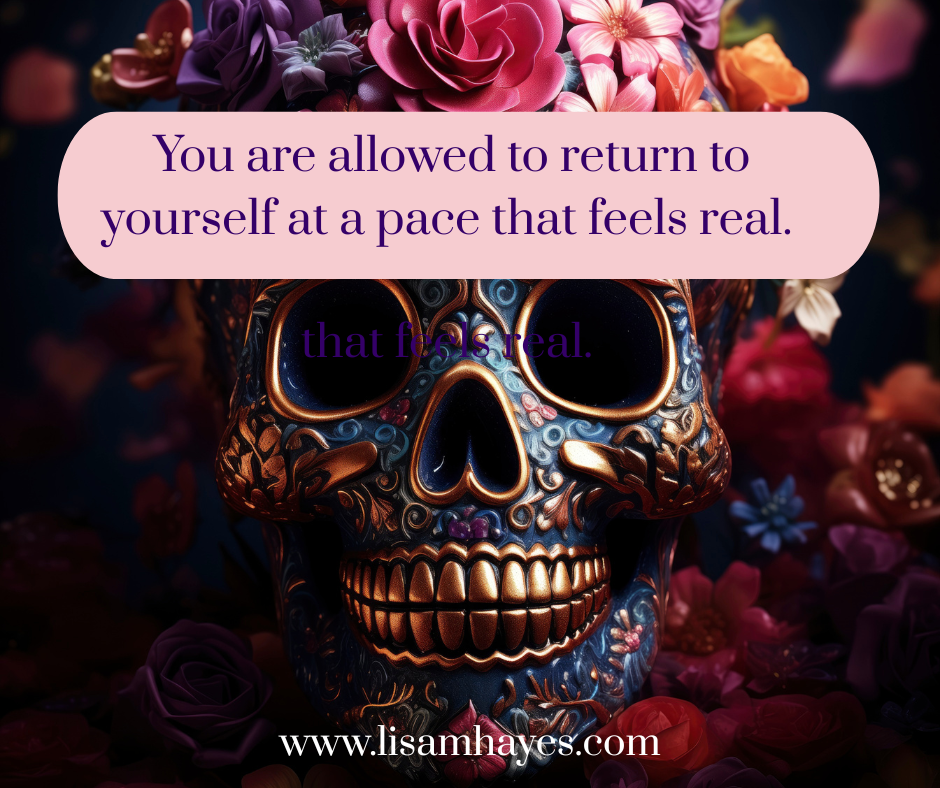If you don't trust yourself, it's going to be very difficult to trust anyone else.
Your boundaries are between you and you.
Katrina sits silently on the sofa. She's trying not to react. He's yelling at her again. He's angry with her because he was late or work and he's blaming her for taking too long to get ready. For the record, she didn't take too long. The traffic was horrible. They carpool to work together and it's not working. A lot of things aren't working.
Katrina and Mike have been married for two years. They had a storybook whirlwind romance. They met and married in under six months. Mike is a good man. She knows he loves her. However, after a few months of being married, she realized that her good man wasn't as perfect as she thought he was.
She decided she needed therapy, and she was probably right. Her therapist told her if she wanted to be happily married, she would need to start setting some boundaries.
She needed to set boundaries about how he spoke to her when he was angry.
She needed to set boundaries around him respecting her space and time when she was working.
She needed to set boundaries around what she was willing to do regarding household chores and duties.
So, she did. Or at least she thought she did. Katrina gathered her thoughts and had a series of talks with Mike about the issues she felt they were facing. She told him what her boundaries were. Mike acted like he understood and agreed.
Except nothing changed.
As Katrina sat there, while he yelled at her, she wasn't listening to him. She was contemplating what seemed like the inevitable reality that he would never honor her boundaries and wondering why she'd spent all that money on therapy.
The problem was, it wasn't just Mike.
Katrina had been engaged to someone else before. He also ran all over her. She tried to set boundaries in that relationship that failed. They broke up because he wouldn't quit over-spending on her credit card. He/they were 10k in debt before she called off the wedding. He also was routinely rude to her family. She had serious relationship repair work to do with her sisters after the breakup.
This was a cycle she was familiar with. Her "best friend" consistently overwhelmed her with calls and texts all day long, even at work. Katrina had asked her not to do that when she at work or late at night. It stopped for a couple of days but resumed without slowing. Katrina is an ER nurse. It's a job where focus matters. She'd been written up for taking too many personal calls, but she kept doing it. Katrina wanted to be a good friend. Her bestie wasn't the only one who called too often at work. Katrina couldn't make them stop.
There were many examples of people trampling all of Katrina's boundaries. It was always a problem. Through that lens, it was starting to look like Katrina was the common denominator but she didn't understand why.
Here are the things Katrina didn't understand:
- Boundaries are not a request.
- Boundaries are not about other people.
- Your boundaries are between you and you.
- If you can't trust yourself, you will never be fully able to trust anyone else.
Most people think boundaries are about asking someone else to be different and then expecting them to do so. Externally oriented boundary-setting rarely works. When you set a boundary, it should start with a request for a change of behavior. However, the person you're going to hold accountable for change is yourself.
It would go something like this, "Mike, I will no longer tolerate you screaming at me when you're angry."
And then, you know, Mike is probably going to scream at her again - at which point, it's all about Katrina. She needs to remind him she's not tolerating that and get up and walk out on his tirade. Katrina is the one who needs to change.
Katrina needs to tell her bestie she will no longer take calls at work or late at night.
And then, you know, the bestie is probably going to call six times during her shift at the hospital the next day. Katrina needs to turn off her phone and get back to work. Katrina is the one who needs to change.
When you can trust yourself to hold the line on your boundaries, the behavior of other people becomes irrelevant. Usually, people get the drift eventually and they start to conform to the new rules. However, holding yourself accountable for your boundaries might mean ending a relationship.
If you can trust yourself enough to know you'll walk away entirely when you need to, you are free to be fully present in all of your relationships without restraint or resentment.
Katrina and her bestie had a talk about the phone issue. It didn't work. So, Katrina started muting her phone at work and quit returning calls on her breaks. She and her bestie meet up twice a week for coffee. They catch up in person. They are closer than they've ever been.
Katrina and Mike are in couples counseling. Honestly, the future isn't certain. She has started walking out on him during his rages. He doesn't like it at all. They may find a way to work things out. They might not. However, the one clear thing is, she's not going to stick around for stuff she doesn't want to tolerate.
Katrina is learning to trust herself.
Mike is negotiable. Her boundaries aren't.
*Client stories are shared with permission. Names and pertinent details are changed to protect privacy.
Sharing is sexy. If you liked this article, share, comment, or pass it on.
Lisa Hayes, The Love Whisperer, is an LOA Relationship Coach. She helps clients leverage Law of Attraction to get the relationships they dream about and build the lives they want. Lisa is the author of the newly released hit book, Score Your Soulmate and How to Escape from Relationship Hell and The Passion Plan.
